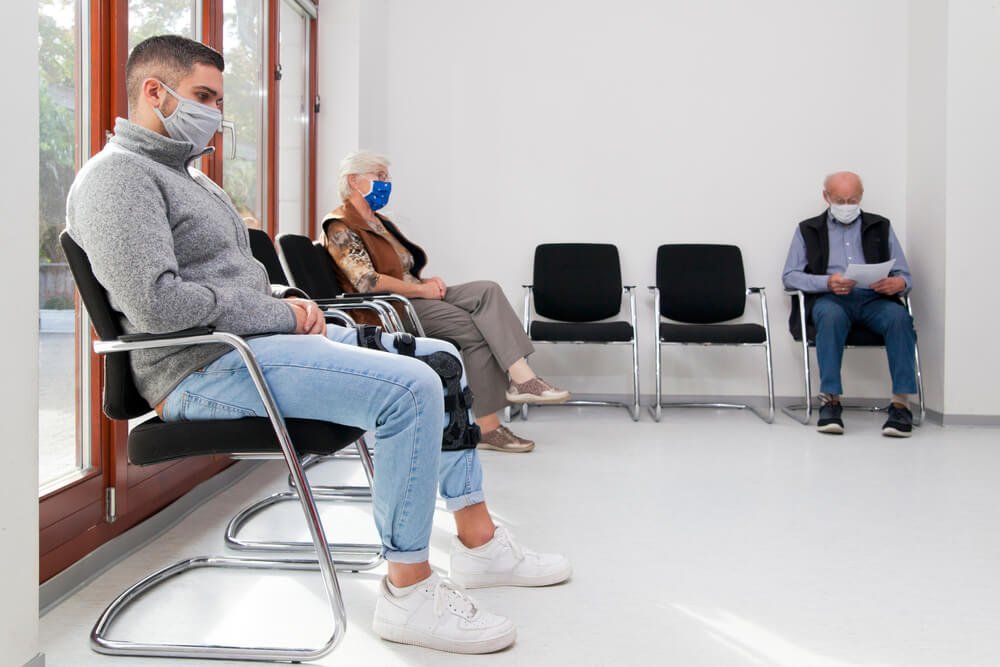NeuroStar® TMS Therapy
FDA-cleared, non-medication depression treatment
Existing Patients For Providers →
(855) 940-4867
AFSP stands for the American Foundation for Suicide Prevention. We’re a non-profit organization headquartered in New York City with local chapters in all 50 states and founded in 1987. Our mission is to save lives and bring hope to those affected by suicide. We also support survivors of suicide loss and those who have lived through suicide ideation and attempts. We use an upstream approach to preventing suicide through research, education, and advocacy. One of our programs is the Interactive Screening Program.
AFSP was approached by two families with college-aged children who had died by suicide. Though the two students both attended colleges that offered counseling services, neither of them had reached out to a counselor. They wanted to gain a better understanding of college student suicide risk, and especially wanted to know what could be done to improve help-seeking for mental health distress. We connected researchers and scientists to figure out a systematic, routine method of reaching out to at-risk students and connecting them to available campus mental health support. This became the Interactive Screening Program. That was just the beginning. Since its inception as a research project, the ISP has grown to become a resource for those seeking mental healthcare at colleges and universities and workplaces nationwide.
Thanks for subscribing to our list!
To date, we’ve connected 180,000 people to mental health resources with the use of the ISP. Beyond college campuses, this tool has been implemented by first responders, healthcare systems, and other workplaces. The ISP starts with a screening for stress, depression, and other mental health concerns, and provides participants to connect with a counselor who can provide information on clinical services, offerings, and options.
Implementing ISP, has helped build out mental health resources and networks, so that students and others have more options in their own community. The community partnerships are important in the event the college does not have the resources that someone needs. For example, a student may want longer term counseling, or students may want to know about non-medication depression treatments that aren’t typically available on a college campus, such as TMS therapy. Overall, we really strive to make everyone aware of all services and treatments that are benefitting others and how to access that care.
During the first few months of COVID-19, we were receiving the highest number of inquiries from institutions and organizations wanting to implement the program than we’ve ever had. COVID-19 created a shift where other care options were needed when some services were closed for public safety. We all needed a way to reach people when communities were no longer on campus or in the work setting. ISP is a way to engage people directly into virtual counseling and other treatments.
Greenbrook TMS is a proud sponsor of the AFSP. Learn more about AFSP here.
If you are in crisis, please call the National Suicide Prevention Lifeline at 1-800-273-TALK (8255), or contact the Crisis Text Line by texting TALK to 741741
Take our short quiz to see if TMS therapy or nasal esketamine could be right for you
Subscribe for mental health, self-care, and TMS therapy and nasal esketamine updates for those affected by treatment-resistant depression or OCD.
Thank you for subscribing to our email list!
Oops, there was an error adding your subscription.
Please try again later.
By providing your email address, you are consenting to receive blog updates from Greenbrook TMS Inc. You may unsubscribe from these alerts at any time by following the “unsubscribe” link at the bottom of email alerts. At Greenbrook TMS Inc. we take the privacy and security of your personal information seriously. To learn more about how we protect your personal information, please refer to our Privacy Policy.


Greenbrook supports an accessible internet. If you have any questions about our accessibility features, please contact us at
(855) 940-4867 or info@greenbrooktms.com.
All Rights Reserved | Greenbrook TMS NeuroHealth Centers.